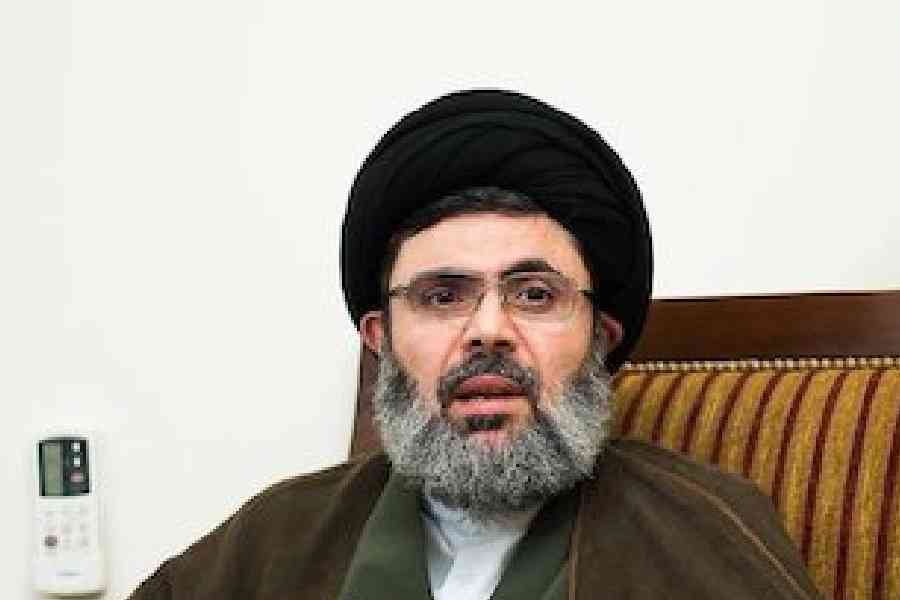Israeli warplanes launched an intense barrage of airstrikes around midnight on Thursday in an attempt to target Hashem Safieddine, a cousin and the presumed successor of the assassinated Hezbollah leader, Hassan Nasrallah, according to three Israeli officials.
The bombardment was one of the heaviest in the area since Israel killed Nasrallah, but it was not clear if Safieddine, who was presumed to be at a meeting of senior Hezbollah officials, was killed in the airstrikes, said the officials, who spoke on condition of anonymity to discuss sensitive matters.
The attempted assassination was the latest move by Israel in its quest to steadily decapitate much of Hezbollah’s leadership. It followed Israel’s invasion of southern Lebanon earlier this week.
Safieddine, born in the early 1960s in southern Lebanon, was one of Hezbollah’s earliest members. He joined after the Shia group was formed in the 1980s, with Iranian guidance, during Lebanon’s long civil war. He rose quickly up its ranks alongside Nasrallah, playing many roles and serving as a political, spiritual and cultural leader, as well as leading the group’s military activities at one point.
As Nasrallah did, Safeiddine usually appeared in a black turban, marking him as a revered Shia cleric who could trace his ancestry back to the Prophet Muhammad.
Biographical information reported in various outlets across West Asia and Turkey portrays a rapid rise through Hezbhollah’s ranks. In 1995, he was promoted to Hezbollah’s highest council, its governing Consultative Assembly, and was soon after appointed as head of the group’s Jihadi Council, which controls Hezbollah’s military activities. Just three years later, in 1998, Safieddine, was elected to lead the party’s Executive Council, a position that was also twice held by Nasrallah, including before his appointment as Hezbollah’s secretary-general in 1992, the report said.
Like Nasrallah, he studied in Iran. Safieddine formed strong ties with Tehran during his religious studies in the Iranian city of Qom before returning to Lebanon to work for Hezbollah.
Those ties are also deeply personal. He was close friends of Maj. Gen. Qassim Suleimani, an Iranian who commanded the Islamic Revolutionary Guards Corps’ Quds Force until the US killed him in an airstrike in Baghdad in 2020.
Later that year, Safieddine’s son Reza Hashem Safieddine married the Iranian general’s daughter, Zeinab Suleimani, in a much-publicised wedding. The marriage was seen by some analysts and critics as emblematic of Iran’s entrenchment in Hezbollah. The US treasury department has described Safieddine’s brother, Abdallah Safieddine, as Hezbollah’s representative to Iran.
Safieddine was designated a terrorist by the US and Saudi Arabia in May 2017 for his leadership role in Hezbollah. At the time, the state department called him “a senior leader” in Hezbollah’s executive council, which oversees the group’s “political, organisational, social, and educational activities”.
New York Times News Service











